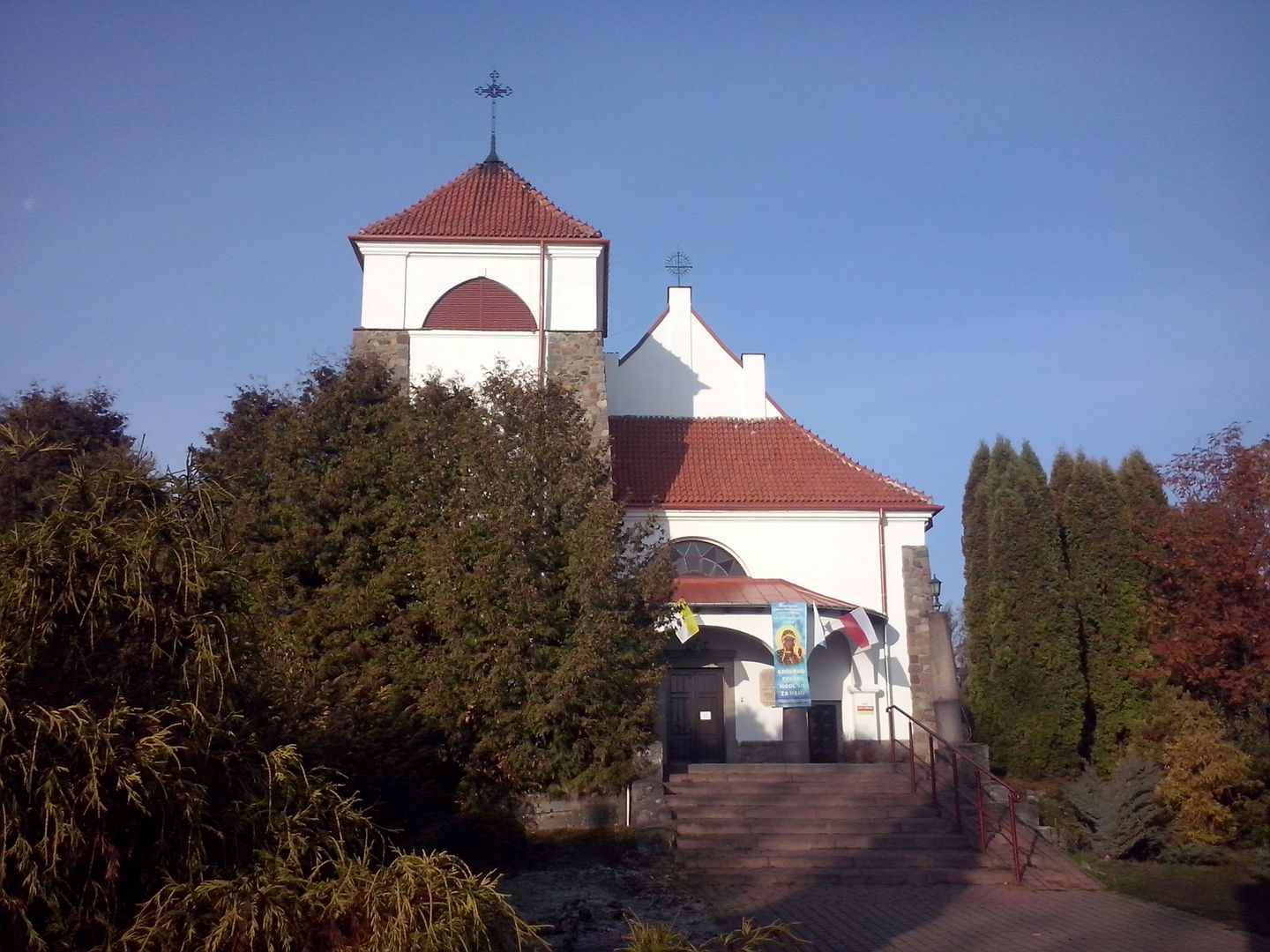Congestion
6.76

Overview
Zatory is a village located in the Masovian Voivodeship, in the Pułtusk County, on the Narew River. It is home to the Zatory municipality and the Parish of St. Margaret. The first recorded mention of Zatory dates back to 1389, and from 1429, it was owned by various nobles, including Michał Zatorski. In 1443, the Bishop of Płock established the parish, and in the 16th century, the village came under the management of Paweł Kryski, who built a new church. Zatory has a tumultuous history, with frequent changes of ownership, especially in the 18th and 19th centuries. In the 19th century, the Bagniewski family, the new owners, contributed to the estate's prosperity by introducing modern agricultural methods. During World War II, Zatory became a center of underground independence activities. After the war, the estate was nationalized, leading to the creation of a State Agricultural Farm and an Agricultural Circles Cooperative. An architectural monument is the palace and park complex featuring a Baroque-Classical manor house from 1739–1801, entered into the register of historical monuments in 1962. The captivating complex of farm buildings surrounding the 19th-century landscape park, along with traces of agricultural activity, add to the charm of this locality. In the center of Zatory stands the parish church of St. Margaret, built between 1819 and 1821, with a rich interior decoration, including altars made of marble and alabaster. Interestingly, during World War I, a miraculous image was observed in the church, which was immortalized by Colonel Hunebach in a poem. After the war, the church was rebuilt, and its style was enriched with Baroque-Romanesque features. Zatory also has a cemetery with the Radziwiłł family tomb, a German soldiers' cemetery, and characteristic Kurpie-style huts. A notable person born in Zatory is Elżbieta Jakubiak, a politician. Thanks to its rich cultural and architectural heritage, Zatory is a fascinating point on the map of Masovian villages.
Location
2026 Wizytor | All Rights Reserved